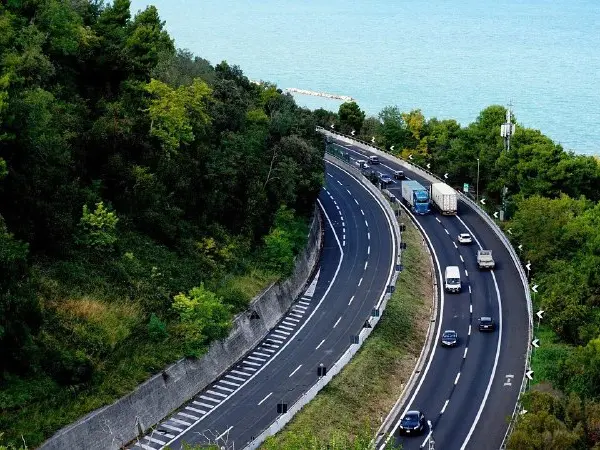The Yangtze River Delta, a region known for its economic prosperity and home to Shanghai, has been targeted by President Xi Jinping as a key area for economic development. The region has plans for infrastructure projects, such as an expanded high-speed rail network and an eco-friendly canal town, in an effort to create a high-tech economic bloc. However, the country’s economic slowdown, exacerbated by tensions with the US and a slumping property market, is impacting the success of these plans.
Lingang, a free-trade zone in Shanghai and part of the Yangtze Delta project, is struggling to attract foreign investment and talent despite offering incentives such as low taxes and eased trade restrictions. Tesla’s Gigafactory, which opened in Lingang in 2019, has not been followed by other major industrial players. US companies, including Apple, are also looking to diversify their supply chains and reduce their exposure to China. This has led to a decline in new foreign investment in China, with direct investment liabilities falling by 87% in the second quarter of this year.
The lack of investor confidence in China’s tech industry is evident in the performance of Shanghai’s Nasdaq-style stock exchange, which is at record lows. Additionally, the provinces within the Yangtze Delta region, including Shanghai, Jiangsu, Zhejiang, and Anhui, have been competing with each other rather than cooperating. This has resulted in inefficient spending and boom-and-bust cycles in industries like solar panel manufacturing. The government’s plan to integrate the economic development of these provinces and promote free trade among them has faced resistance from local governments, who are focused on attracting businesses from neighboring provinces.
Funding pressures are also a concern for local governments in the region, as they have incurred high costs for pandemic controls. Despite this, officials remain optimistic about the progress of the Yangtze Delta project and its goal of shifting towards sustainable and high-quality development. The project aims to showcase China’s ability to move up the industrial value chain and avoid the middle-income trap. One significant aspect of this is the construction of an eco-friendly canal town, which will serve as a blueprint for the country’s future development.
Overall, while the Yangtze Delta remains an important economic driver in China, the economic slowdown and uncertainties surrounding international trade have impacted the success of President Xi’s plans for the region. The lack of foreign investment, declining investor confidence, and competition among provinces have posed challenges to the project’s progress. However, officials remain committed to promoting cooperation, attracting investment, and achieving sustainable development in the region.
Follow DelhiBreakings on Google News
Superfast News Coverage by DelhiBreakings.com team.
For Superfast national news and Delhi Breaking Stories visit us daily at https://delhibreakings.com





